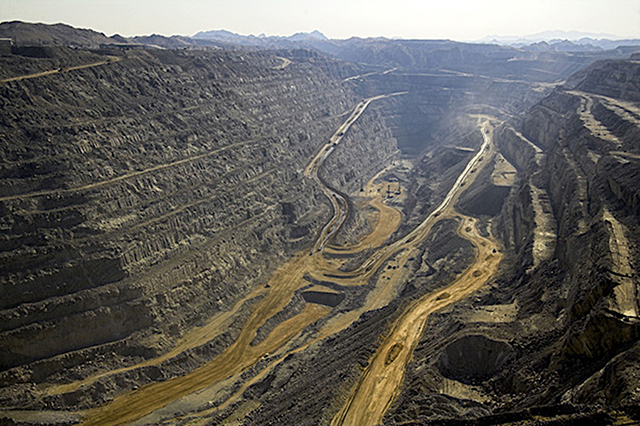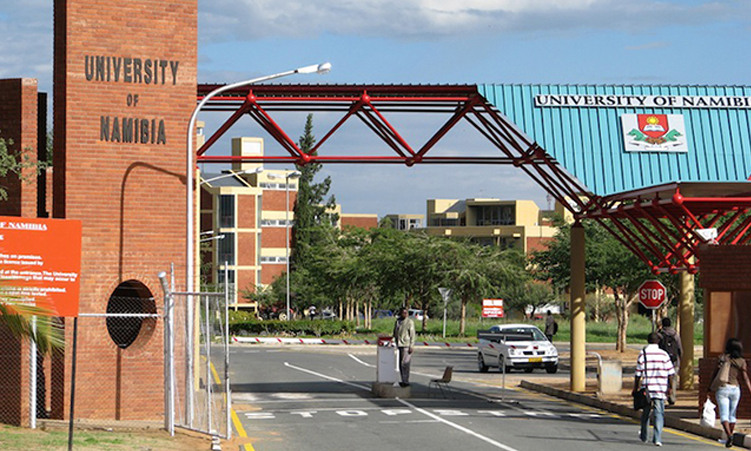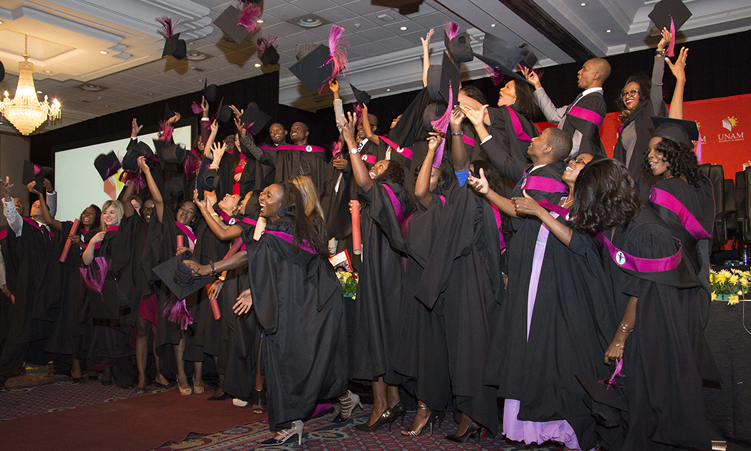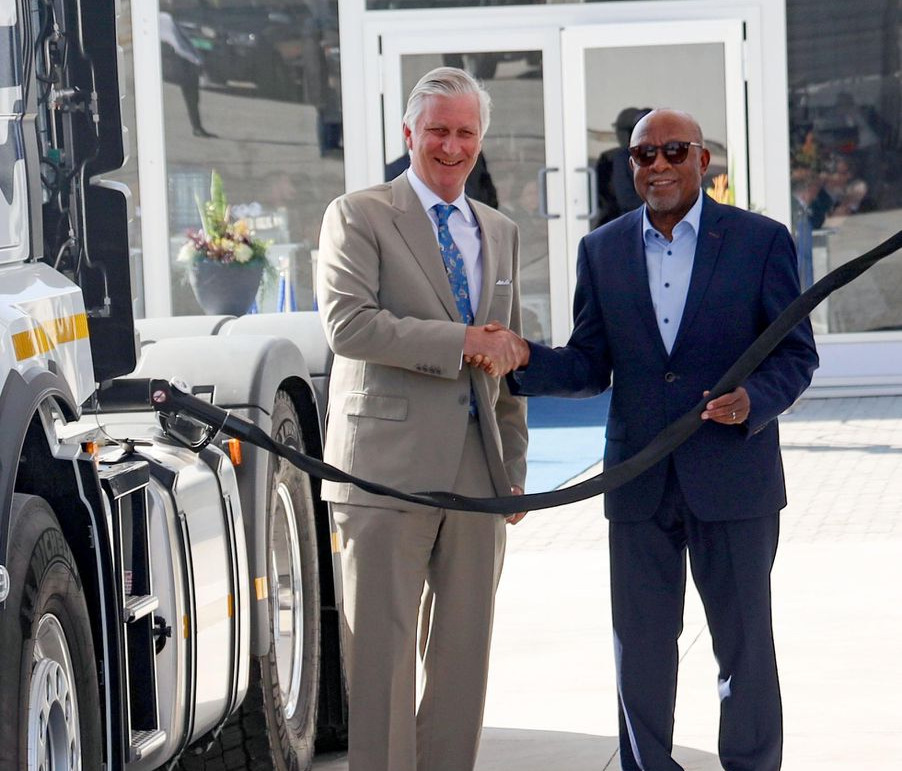Chinese mining contractor Beifang has taken the reins of mining operations at Rössing Uranium for a 13-year period.
The agreement, signed in May, hands over control gradually, with Beifang expected to have full authority by 2027.
“The Rössing board approved the life of mine extension project in February 2023.
As part of this, Beifang has been selected to mine phase 4 of the SJ open pit on a contract basis on a 13-year contract, after a lengthy and successful tender process to find a suitable mining contractor,” Rössing’s managing director, Johan Coetzee, said.
Rössing’s current mining operations are scheduled to conclude in 2026, at which point Beifang will take over the responsibilities.
Coetzee also revealed that Beifang has committed, as per the agreement, to employing approximately 95% Namibian workers.
However, management positions are anticipated to be primarily filled by Chinese nationals.
The agreement comes at a time when Rössing Uranium is implementing a voluntary separation package for its employees, a move that some speculate may be a strategy to pave the way for Beifang’s takeover.
Starting this year and extending until the end of 2026, these packages offer employees an opportunity to exit their positions willingly.
In April, Coetzee told The Namibian that the transition of mining operations to a secondary contractor would inevitably affect certain roles of employees beyond 2027.
“Life of mine extension does not guarantee the continuation of all current jobs beyond 2026, as the operating model and workforce structure required for life of mine extension is different,” Coetzee said.
Coetzee clarified that opting for a contractor mining solution for the extension was deemed the most suitable course of action, considering its financial viability and the absence of any detrimental impact on the project’s value.
“The transition plan created for the voluntary separation programme is aimed at mitigating the impact on potential forced retrenchments post-2027 by affording every impacted employee the opportunity to benefit from the voluntary separation package offered by the company while pursuing other employment opportunities,” he said at the time.
Coetzee added that by getting Beifang involved, employment and other macroeconomic benefits will continue to exist at Rössing beyond 2026.
Rössing experienced a decrease in production during 2022 compared to the previous year.
The total mining output stood at 16,6 million tonnes, a decline from the 20,7 million tonnes mined in 2021.
Notably, waste and low-grade ore accounted for a significant portion, totalling 7,4 million tonnes.
This reduction in mining volume, according to Rössing, can be attributed to the shifting stripping ratio, which decreased as mining operations progressed deeper into the pit.
The ownership structure of Rössing Uranium is currently dominated by China National Uranium Corporation (CNUC), which holds a majority stake of 68,62%.
Meanwhile, the Namibian government holds a 3% shareholding, but has a majority of 51% in terms of voting rights.
Last year, Rössing made a significant contribution to global primary production by accounting for around 4,4% of the world’s output.
This has pushed Namibia to become the third-largest primary producer of uranium globally, following Kazakhstan and Canada.
Stay informed with The Namibian – your source for credible journalism. Get in-depth reporting and opinions for
only N$85 a month. Invest in journalism, invest in democracy –
Subscribe Now!






